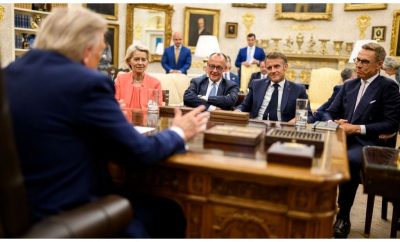
The next round of Europe-China talks
Premier Li Keqiang heads to Europe next week, first to Brussels for the 21st China-EU leaders’ meeting, and then Croatia for an official visit and the eighth leaders’ meeting of China and Central and Eastern European countries (Xinhua):
Leaders of the two sides will exchange views on bilateral ties and major international and regional issues of common concerns, and witness the signing of cooperation documents on energy, competition policies and other areas, Wang said.
“We believe that this meeting will inject new impetus to the China-EU comprehensive strategic partnership, take our dialogue and cooperation across the board to a new level, and strengthen the stability, reciprocity and strategic significance of our relations,” Wang said.
What to watch: Li may have a chillier reception than in previous visits, as Europe is increasingly concerned about China’s economic, geopolitical and human rights policies.
As Andrew Small of the German Marshall Fund of the United States explains in Why Europe Is getting tough on China (Foreign Affairs):
What accounts for the shift in European thinking? No doubt political and security developments have played a role—from China’s deepening authoritarianism under President Xi Jinping to its efforts to extend political influence in Europe.
The strongest drivers of the change, however, are economic. Europe has lost hope that China will reform its economy or allow greater access to its markets, and at the same time, China’s state-backed and state-subsidized actors have advanced in sectors that Europe considers critical to its economic future.
Why it matters: Xi and the Party’s policies are forcing an awakening across much of the developed world about the challenges of China’s rise.
Πηγή: axios.com




